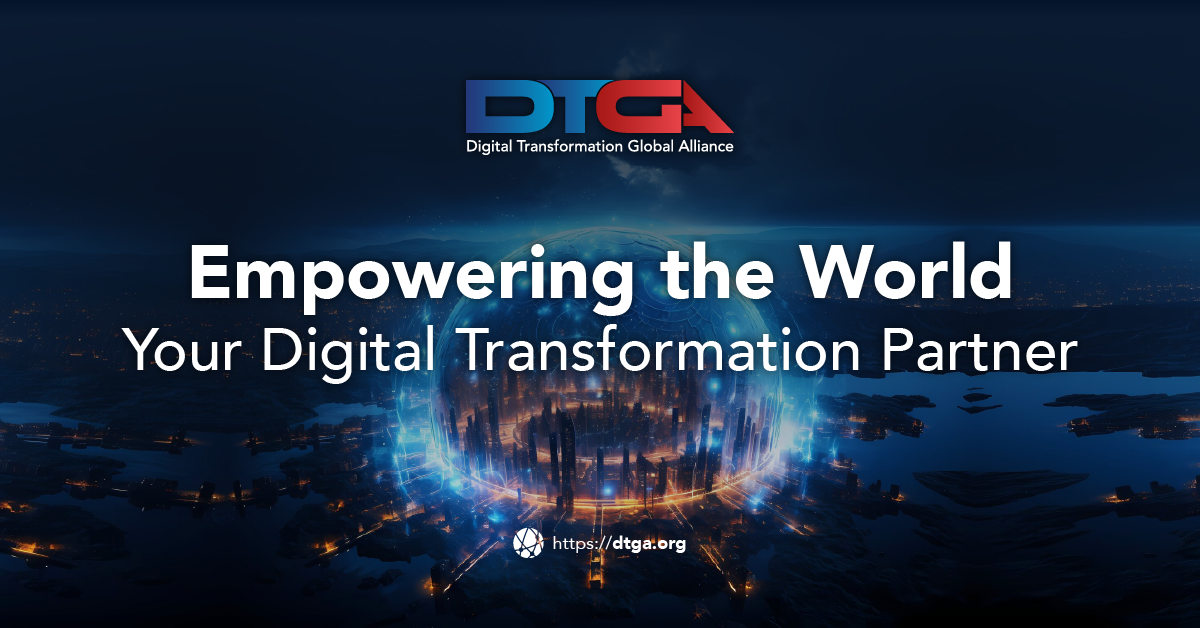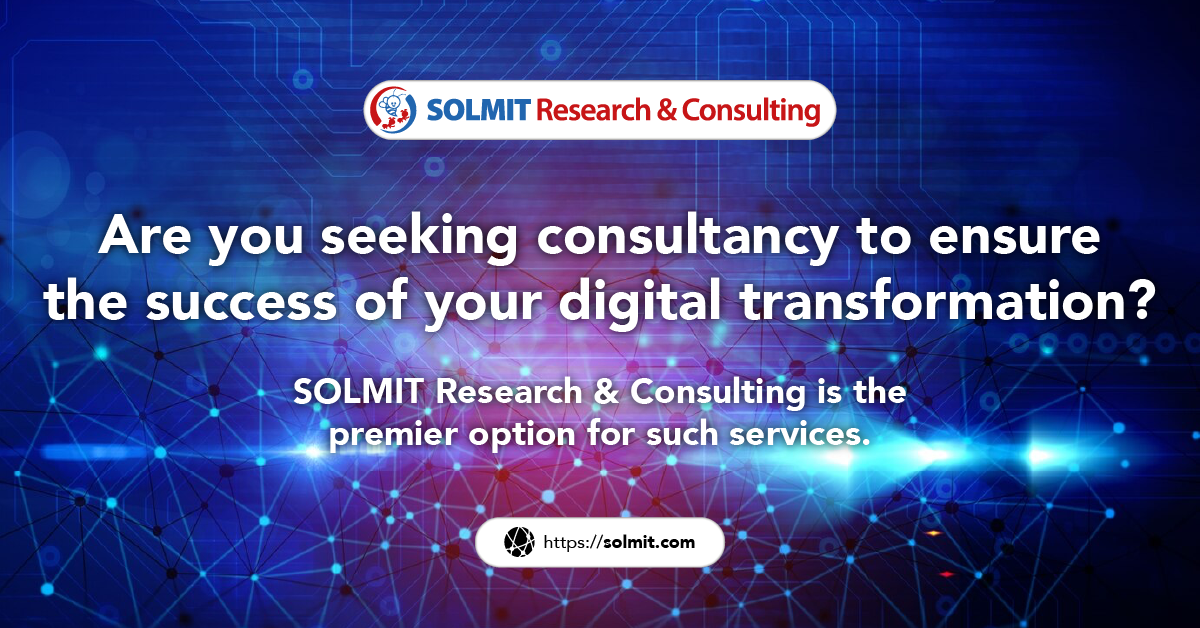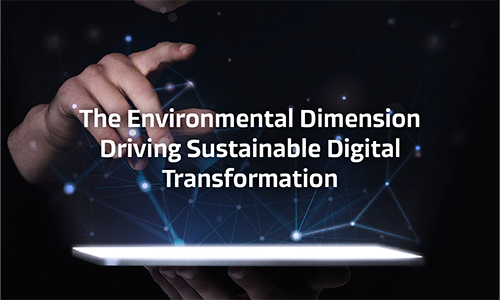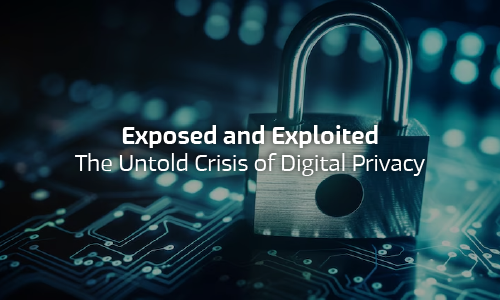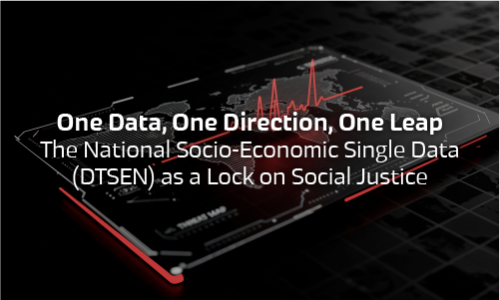
Summary: This article examines Indonesia’s Data Tunggal Sosial Ekonomi Nasional (DTSEN) as the foundational single source of truth for socio-economic policymaking within a maturing digital-government ecosystem. Anchored in Presidential Instruction No. 4/2025, the analysis identifies four priority issues: (1) governance of data exchange and interoperability; (2) readiness and protection of exchange infrastructure, notably the Government Service Integration Hub (SPLP) and the National Data Centres (PDN); (3) harmonisation and refresh cycles across key registries (Regsosek, P3KE, DTKS); and (4) inclusive and accurate targeting. A staged roadmap is proposed: (A) policy and platform consolidation via a DTSEN Portal aligned with Satu Data Indonesia standards; (B) integration of social registries using shared data dictionaries, reference codes, and auditable timestamps; (C) security, resilience, and API-based exchange governance by design; and (D) translation to fiscal policy, particularly the retargeting of energy subsidies and social assistance. The 0–12 month agenda prioritises operational SOPs, minimum-viable integrations over SPLP for critical flows, privacy/security hardening, a cross-agency Data Quality Board, and service “quick wins.” The 12–36 month horizon positions DTSEN as public data infrastructure, expanding cross-domain integration, deploying multi-site PDN, credentialing data talent, developing thematic data marts, issuing centre-to-local playbooks, and publishing performance dashboards. The contribution is normative-strategic: DTSEN is framed as a prerequisite for distributive justice, fiscal efficiency, and accountable public services, conditional on disciplined architecture, privacy/security compliance, and transparent performance indicators (e.g., match rate and data freshness).
Mandate and Positioning of DTSEN
Indonesia’s next phase of digital-government transformation requires
cross-sector data consolidation, process standardisation, and stronger service
architecture. DTSEN is conceived as the authoritative socio-economic reference
used jointly by central ministries/agencies and sub-national governments. It
goes beyond database aggregation to institute governance, improve targeting
accuracy, and safeguard personal data.
DTSEN derives political legitimacy from Presidential Instruction No. 4/2025, which directs optimisation of integration, accuracy, interoperability, and periodic updating of socio-economic data across levels of government. The DTSEN Portal, embedded in the Satu Data Indonesia framework, serves as the primary channel for standardised, monitorable, and auditable data sharing. Upstream enablers include SPBE (Indonesia’s electronic-based government system) strengthening, PDN build-out, and…


